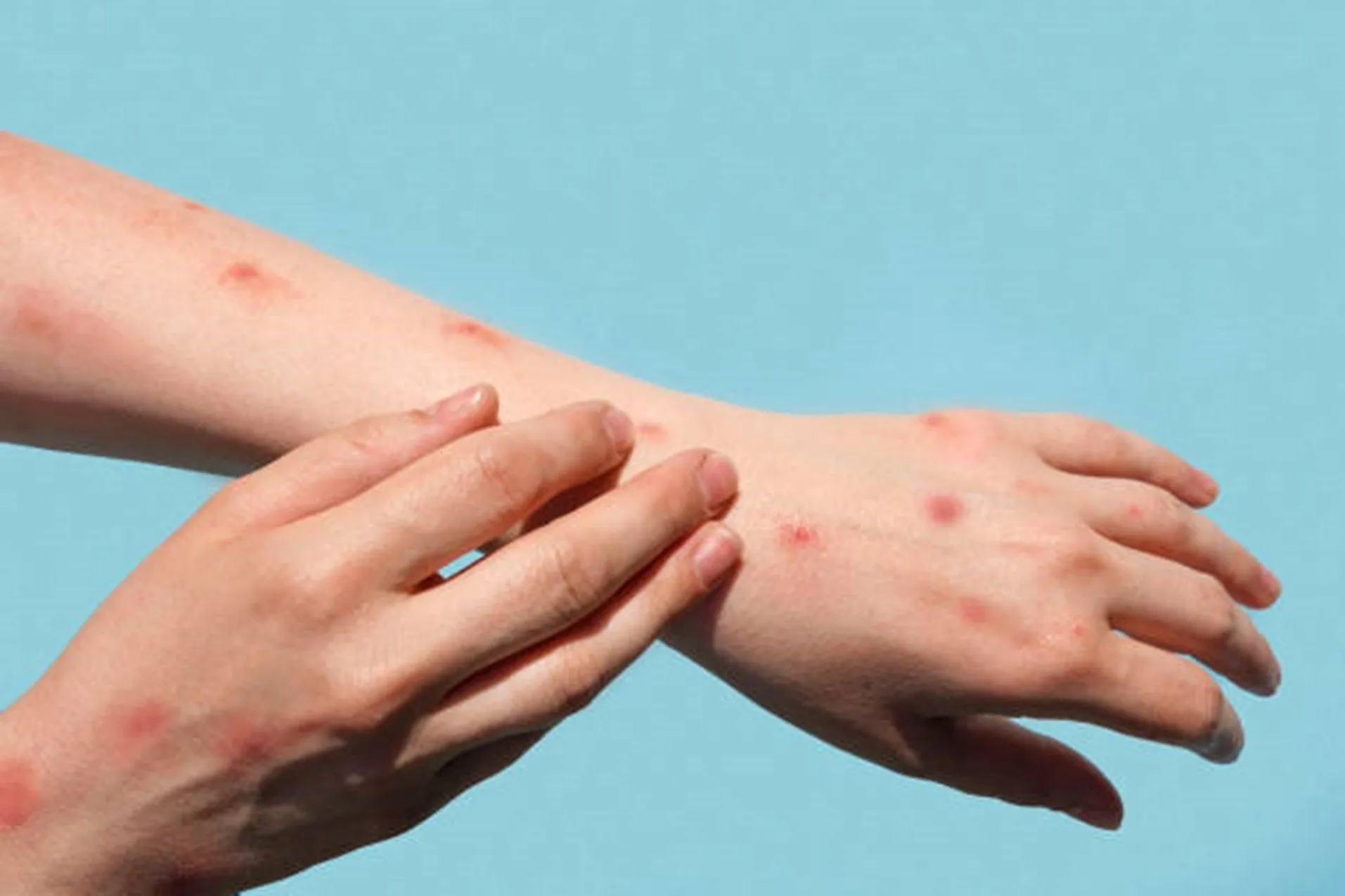Allergies can be a persistent challenge for many individuals, affecting daily routines and limiting comfort in environments filled with allergens. While over-the-counter medications and other remedies can provide temporary relief, they may not address the underlying sensitivity to allergens. For people seeking a long-term solution to their allergy symptoms, allergy shots offer a promising path.
What Are Allergy Shots?
Allergy shots are a treatment designed to gradually reduce the body’s hypersensitivity to specific allergens. The approach involves exposing the immune system to small, controlled doses of allergens over time. This repeated exposure can help the body develop a tolerance to these allergens, potentially reducing the severity of allergic reactions.
Unlike symptom-focused treatments, allergy shots tackle the root cause of allergic reactions by retraining the immune system’s response. This may lead to results that are more long-lasting than temporary medications. By addressing the immune system’s overreaction, allergy shots can help individuals interact with allergens in a way that minimizes discomfort. Though this treatment is suited to a wide range of allergies, it requires an ongoing commitment to appointments and injections over an extended period for maximum effectiveness.
What Allergies Do They Address?
Allergy shots target a wide variety of allergens that cause allergic reactions. These allergens can range from environmental triggers to insect-related allergens. Some examples include:
- Pollen: Allergy shots are often used to reduce sensitivities to pollens from trees, grasses, and weeds, which are common seasonal allergens.
- Dust Mites: Dust mites are found in household dust and are a frequent cause of year-round allergies.
- Mold Spores: Mold may trigger allergy symptoms, particularly in damp or humid environments.
- Pet Dander: Proteins found in the dander of cats and dogs are common allergens that can be managed through immunotherapy.
It is worth noting that your specific allergens must be identified through an allergy test before starting immunotherapy. This allows for a personalized treatment plan tailored to your allergies.
What Does the Process Entail?
The process of receiving allergy shots involves several steps. These are typically carried out under the supervision of an allergy specialist. Here is an overview of what to expect during treatment:
- Custom Treatment Plan Development: Based on the results of your allergy tests, a specialist will create a custom treatment plan. This involves formulating a solution containing tiny amounts of the allergens that trigger your reactions.
- Build-Up Phase: Treatment starts with a build-up phase, during which small doses of allergens are gradually increased over weekly injections. The goal is to reach a maintenance dose that can be sustained over time.
- Maintenance Phase: Once the maintenance dose is reached, the frequency of injections decreases to once every two to four weeks. This phase may continue for three to five years, during which your immune system has the opportunity to adapt to the allergens.
- Results Over Time: It may take a while to observe significant improvements, but many individuals experience a noteworthy reduction in allergy symptoms after completing the full treatment regimen. Symptoms may lessen in severity or disappear completely for some individuals.
Speak to an Allergy Specialist
Allergy shots are a structured and deliberate method for addressing allergies at their core, rather than managing symptoms alone. Whether you struggle with seasonal allergies or pet allergies, allergy shots could offer a path to a less restricted and more comfortable life. Though the process involves long-term commitment, the potential benefits may be well worth the effort. If you are ready to explore whether this type of treatment is right for your needs, consulting with an allergy specialist is the natural next step.
- Choosing the Right Plastic Surgeon for Your Cosmetic Procedure
- Understanding Different Types of Laser Treatments for Skin Rejuvenation
- Why a Family Dentist is Key for Maintaining Oral Health
- The Benefits of Regular Visits to a Wellness Spa
- Exploring the Emotional and Psychological Triggers of Eating Disorders


Leave a Reply